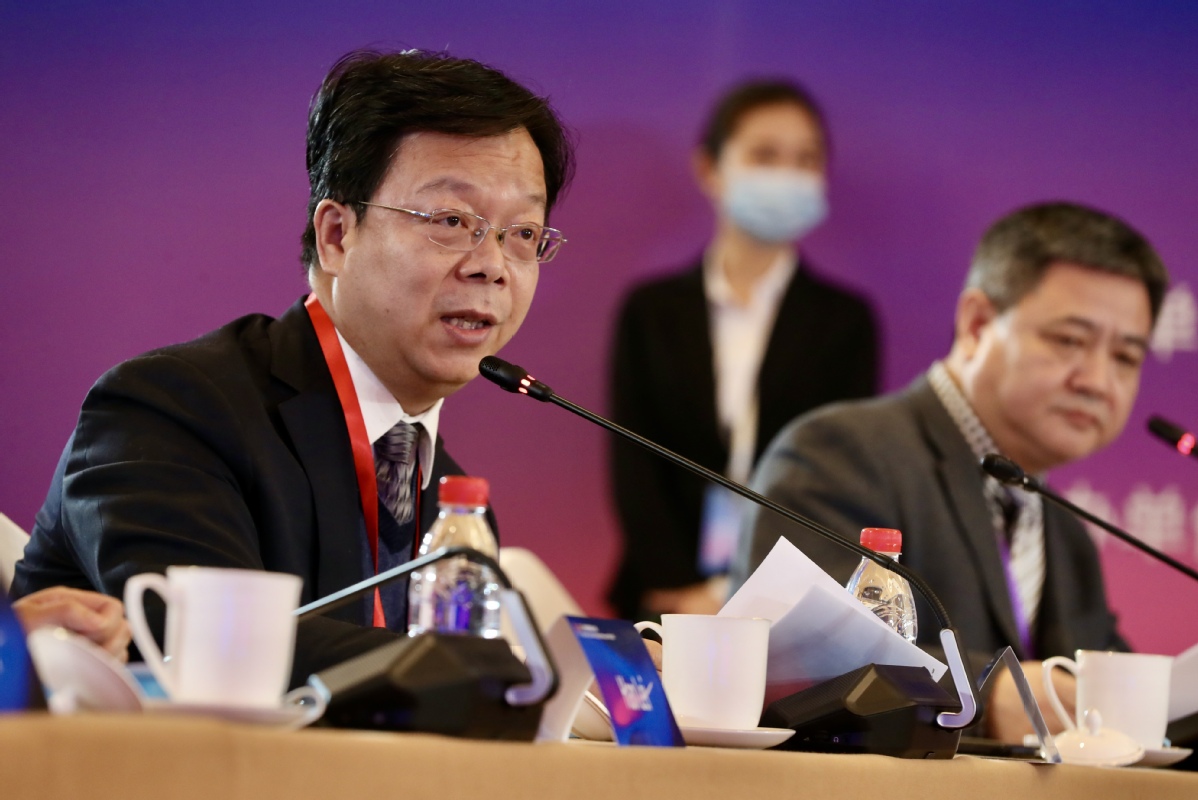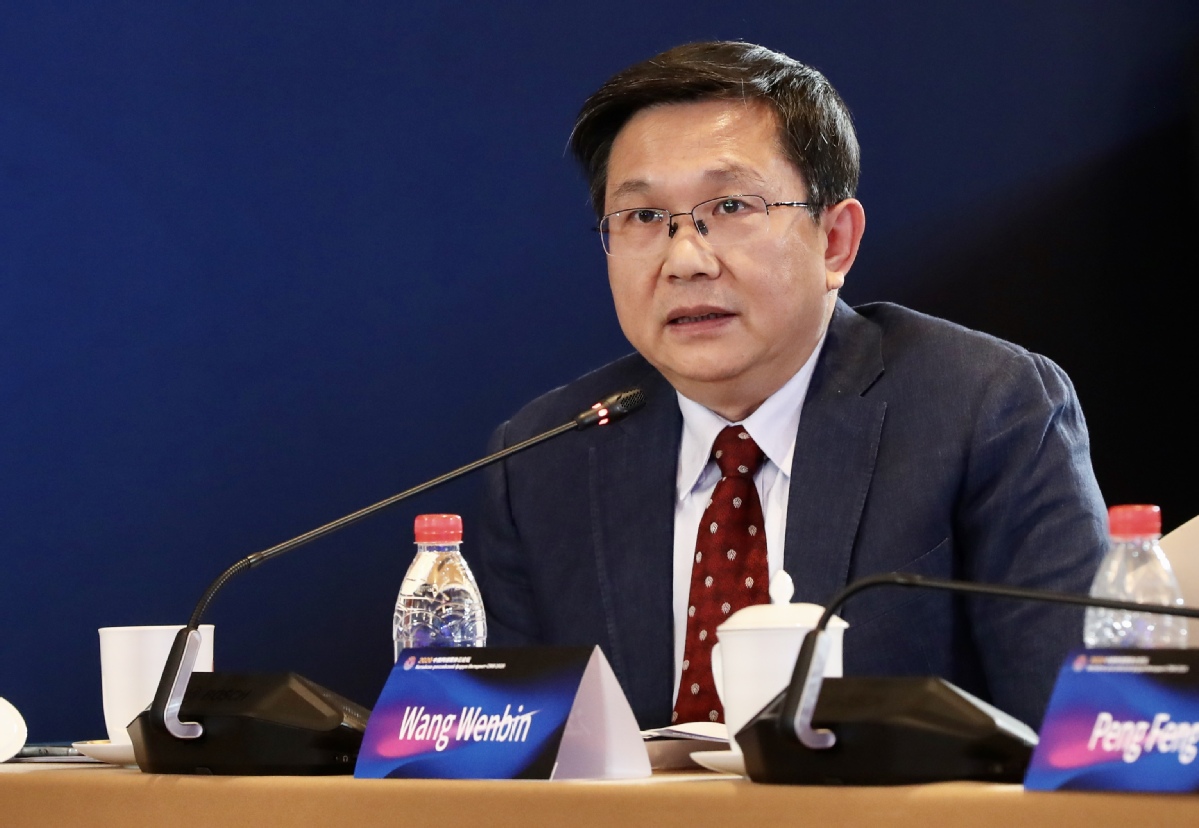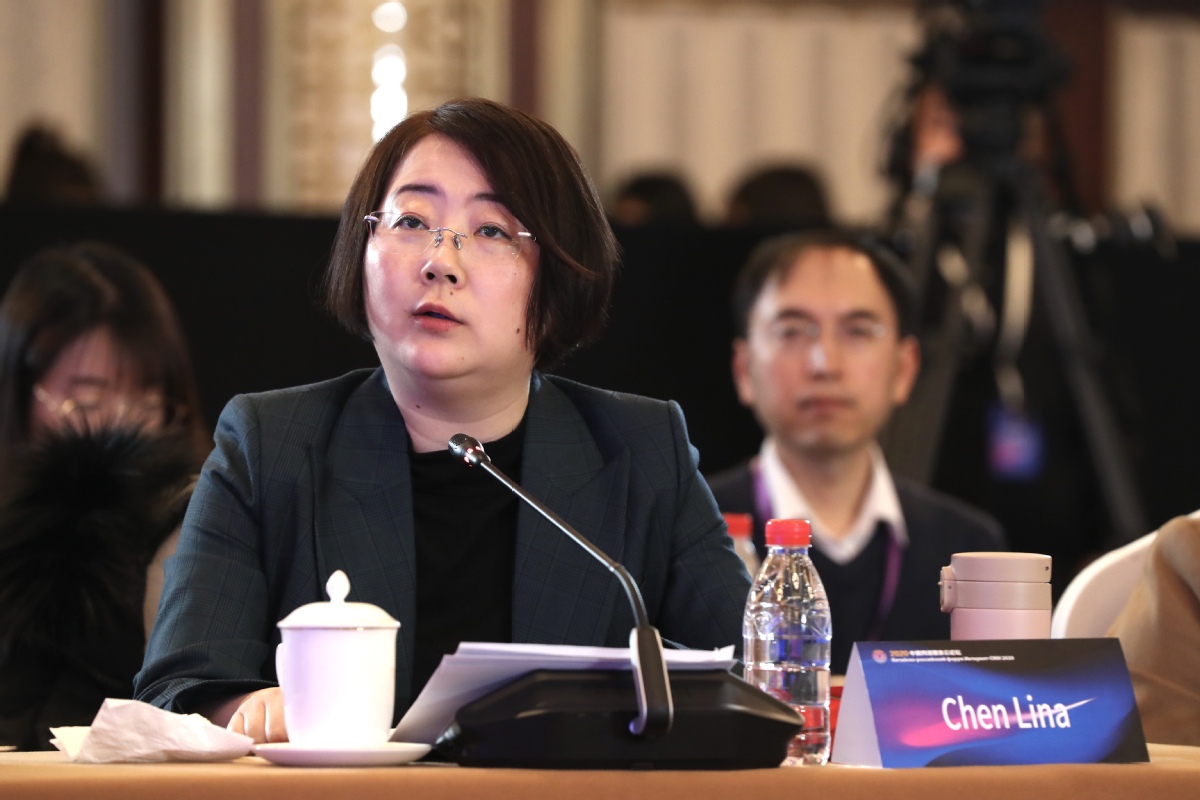Participants to China-Russia media webinar urge joint effort in common challenges
By Liu Xuan (chinadaily.com.cn // Updated: Dec 19, 2020)

The media of China and Russia are facing huge challenges and are also ushering in new development opportunities through continuous exchanges.
The two sides should jointly advocate the truthfulness and objectivity of news reports, and promote a positive international public opinion environment.
The media of the two countries should take the lead in seeking facts, exposing lies, restoring the truth of the pandemic, and enhancing the understanding of the international community toward China and Russia. The understanding of social development and cultural customs can help eliminate possible misunderstandings and prejudices.
They could also have more opportunities for joint interview activities to produce more touching stories, further deepening the friendship between Chinese and Russians.
– Liu Jiawen, vice-president of Xinhuanet

Although the pandemic has brought inconvenience to people’s lives and face-to-face dialogue, it demonstrates the important role and great potential of online media in strengthening communication, deepening internal and external cooperation, and building a global community of health for all.
During the pandemic, China Media Group introduced slow live broadcast, a special form of communication in the information age. It has a natural sense of reality and presence, displaying every detail of the scene and event development in real time, and forming an immersive experience that deeply touches the hearts of netizens.
As part of China’s national mainstream media, China Media Group will continue to make full use of new technologies, new platforms and new communication methods, and gradually achieve a new path for media integration and development.
The group will contribute to the comprehensive strategic partnership between China and Russia.
– Wang Wenbin, director of Integration Development Center at China Media Group

During the pandemic, the value of omni-media has been fully highlighted. On Weibo, video and live broadcast formed an important part of its omnimedia platform system.
But video is not everything. In terms of the consumption demands of media content, omni-mediatization is the ultimate goal of a complete media ecosystem. It is not only reflected in the presentation of multimedia content, but also in the dissemination, discussion and interaction of content, including the provision of valuable and diverse information.
Meanwhile, diversified and differentiated communication will occupy the main position. The pattern has become more obvious with ordinary netizens and self-media providing news clues, professional media giving in-depth reports and authorities having the final words.
Also, the communication matrix will have more dimensions, and communication on a deep level will be more popular.
– Chen Lina, executive editor of Sina Weibo

I don’t think the pandemic will affect print media that has already been digitalized. Before the outbreak, the traditional media industry had undergone tremendous changes. And to be more specific, this huge change has enabled the industry to calmly face the crisis brought by the pandemic.
People’s demand for print media has gone through a fundamental change to the consumption of its content, because of the wide application of digital technology in the media industry, such as social networks, information aggregation and recommendation services, applications and instant messaging programs.
Therefore, during the pandemic, the top priority of the media industry is no longer the form of the media, but whether the management and editors of publications can quickly respond to changes in the situation and adjust their work policies quickly.
– Oksana Zadunayskaya, deputy editor-in-chief of Rossiyskaya Gazeta












